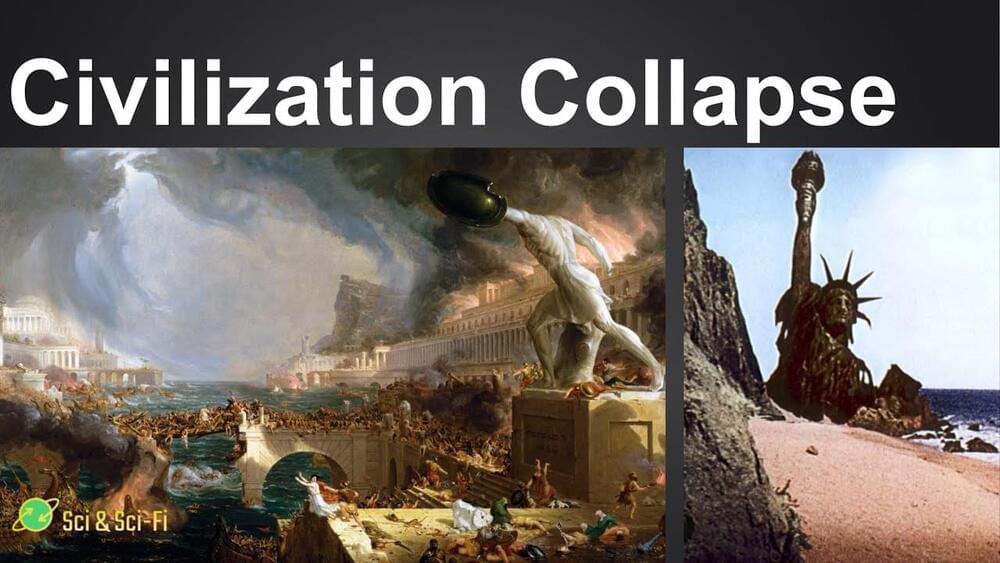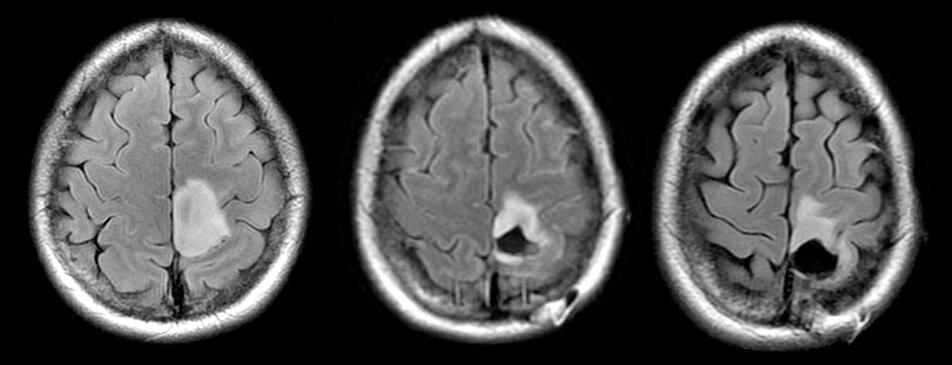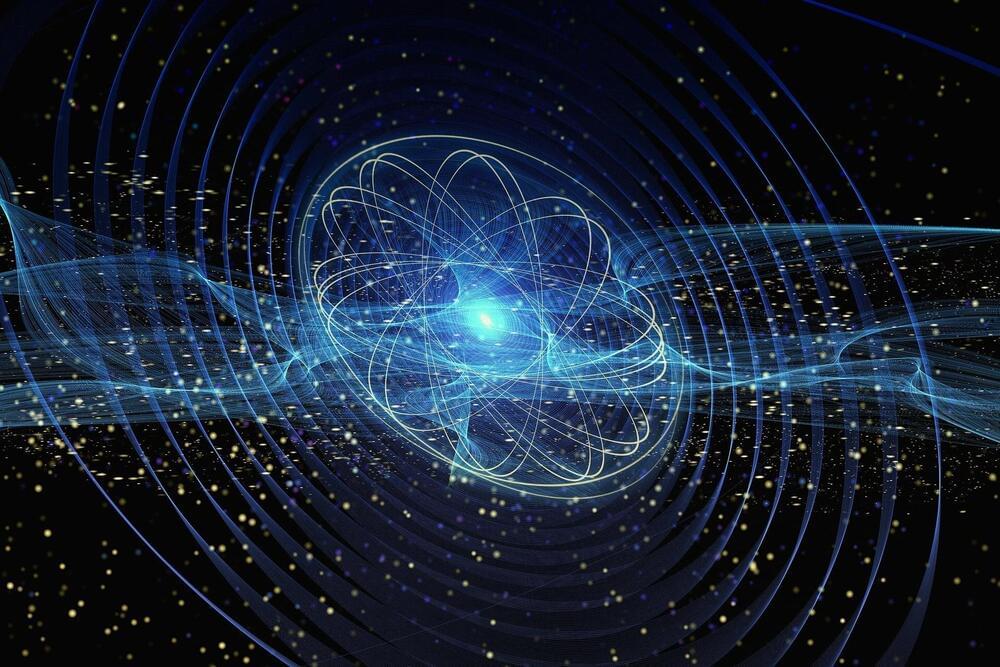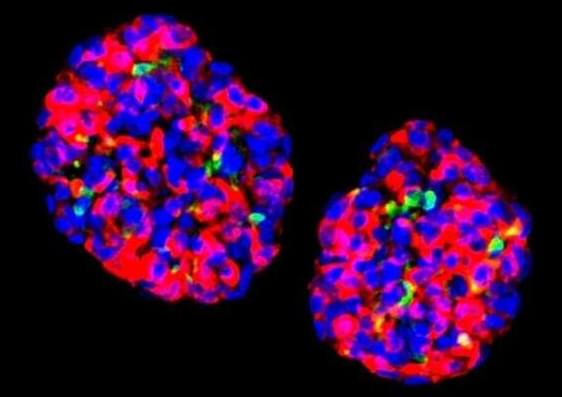Page 3232
Jun 4, 2023
Risks that can collapse our civilization
Posted by Ron Friedman in category: cryptocurrencies

In this video we explore the potencial risks that threat the stability and the survival of our civilization. Reviewing past civilizations collapses like the Bronze Age Collapse and the fall of the Roman Empire and see if any of the signed that led to past collapse exists today.
- Bronze age collapse.
- Roman Empire collapse.
- Alarming signes today.
Continue reading “Risks that can collapse our civilization” »
Jun 4, 2023
Paragraphica: Project combines Raspberry Pi and Stable Diffusion to create ‘photos’ without camera lens or sensor
Posted by Jose Ruben Rodriguez Fuentes in category: robotics/AI
Paragraphica may resemble a camera, but it does not capture light to generate images. Instead, the device dispenses with a lens and sensor altogether, and relies on AI to produce results.
Jun 4, 2023
Shark Tank star Barbara Corcoran says Elon Musk is right about the real estate market
Posted by Kelvin Dafiaghor in category: Elon Musk
ABC Shark Tank star Barbara Corcoran agrees with Tesla CEO and Twitter owner Elon Musk about commercial real estate prices.
Jun 4, 2023
Twitter head for trust and safety resigns after Elon Musk criticizes handling of transgender content
Posted by Kelvin Dafiaghor in categories: education, Elon Musk
Musk criticized Twitter’s safety and content moderation team’s handling of tweets about a documentary called “What is a Woman?” (Ludovic Marin/Pool?AFP via Getty Images / Getty Images)
In confirming her resignation, Ella Irwin wrote, “So one or two people noticed that I left Twitter yesterday. I know there’s been a lot of speculation regarding what happened. Was I fired? Did I quit?”
She added, “I did resign but this has been a once in a lifetime experience and I’m so thankful to have worked with this amazing team of passionate, creative and hardworking people. Will be cheering you all and Twitter as you go!”
Jun 4, 2023
What Is the Difference Between Convergent and Divergent Evolution?
Posted by Dan Breeden in category: evolution
The theory of evolution, worked out in the nineteenth century by Charles Darwin and Alfred Russel Wallace, with many tweaks since, is one of the most well-supported theories in science.
Evidence from a wide range of disciplines backs up the basics of the theory. Or, as paleontologist and historian of science Stephen Jay Gould put it in an essay in the May 1981 print issue of this magazine, the theory of evolution is “one of the best documented, most compelling and exciting concepts in all of science.”
For the rest of us, one interesting and sometimes confusing aspect of evolution is the difference between convergent and divergent evolution. Here’s a quick explanation.
Jun 4, 2023
Everything Will Evaporate
Posted by Dan Breeden in categories: cosmology, particle physics, quantum physics
Even space and time if it’s quantum.
What will be the ultimate fate of our universe? There are a number of theories and possibilities, but at present the most likely scenario seems to be that the universe will continue to expand, most mass will eventually find its way into a black hole, and those black holes will slowly evaporate into Hawking Radiation, resulting in what is called the “heat death” of the universe. Don’t worry, this will likely take 1.7×10106 years, so we got some time.
But what about objects, like stellar remnants, that are not black holes? Will the ultimate fate of the universe still contain some neutron stars and cold white dwarfs that managed to never get sucked up by a black hole? To answer this question we have to back up a bit and talk about Hawking Radiation.
Jun 4, 2023
Arab world’s first asteroid hopper will visit seven space rocks
Posted by Dan Breeden in category: space
UAE’s MBR Explorer aims to solve mystery of ultra-red celestial body in the asteroid belt beyond Mars.
Jun 4, 2023
The ‘breath’ between atoms—a new building block for quantum technology
Posted by Paul Battista in categories: computing, particle physics, quantum physics
University of Washington researchers have discovered they can detect atomic “breathing,” or the mechanical vibration between two layers of atoms, by observing the type of light those atoms emitted when stimulated by a laser. The sound of this atomic “breath” could help researchers encode and transmit quantum information.
The researchers also developed a device that could serve as a new type of building block for quantum technologies, which are widely anticipated to have many future applications in fields such as computing, communications and sensor development.
The researchers published these findings June 1 in Nature Nanotechnology.
Jun 4, 2023
Scientists Hacked Human Cells to Make Insulin, And It Reversed Diabetes in Mice
Posted by Paul Battista in categories: biotech/medical, cybercrime/malcode
Scientists have repurposed human stomach cells into tissues that release insulin in response to rising blood sugar levels in a breakthrough that promises an effective way to manage conditions such as type 1 diabetes.
The experiment, led by researchers from Weill Cornell Medicine in the US, revealed transplants of gastric insulin-secreting (GINS) cells reversed diabetes in mice.
Pancreatic beta cells normally do the job of releasing the hormone insulin in response to elevated sugar levels in the blood. In people with diabetes, these tissues are damaged or die off, compromising their ability to move glucose into cells for fuel.
















